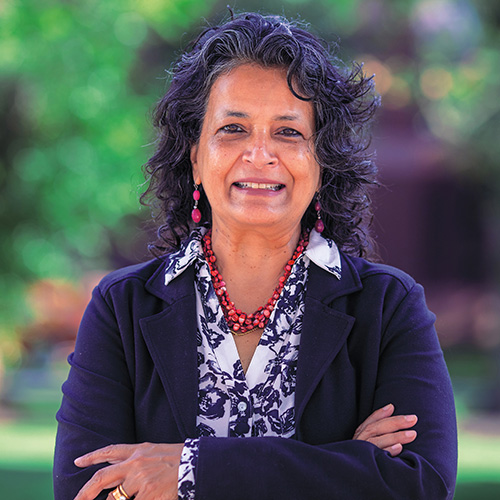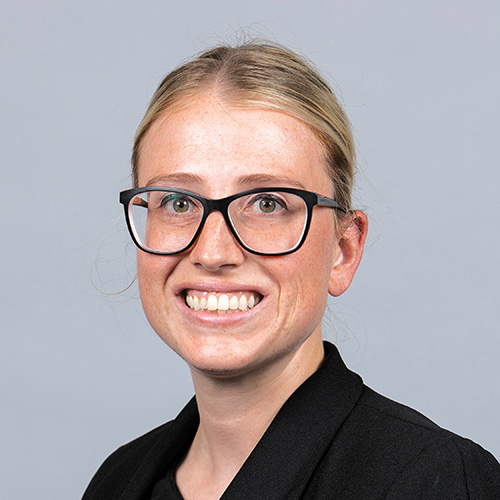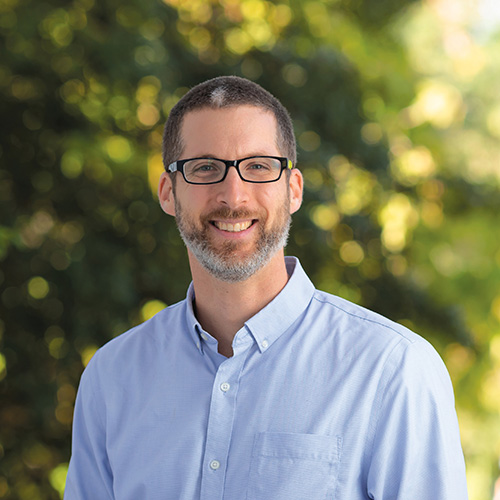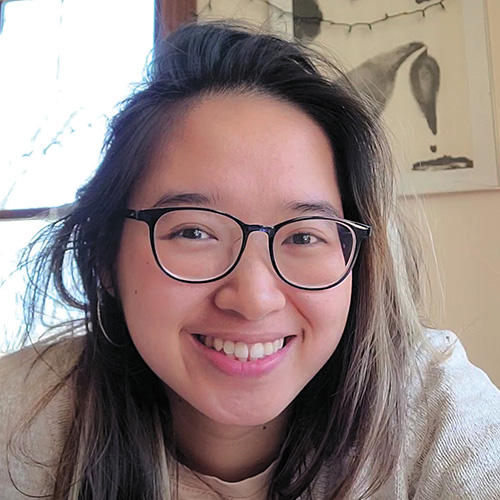
Jamila Bookwala
Provost
Reflection offers a powerful means for dealing with change and challenge. As Gettysburg College’s provost, I rely extensively on reflection, along with consultation and dialogue, to understand colleagues’ and students’ needs and to balance their priorities with the College’s pressing imperatives for a successful future.
For me, reflection is a process of deep thought and is defined by both acute awareness and acute detachment: awareness about the forces at play and the risk of inaction; and detachment from personal preferences and biases.
In periods of flux, reflection can be elusive because it requires taking a deep breath, thinking holistically, and quieting competing demands, which, in turn, require discipline. Yet, reflection is more critical than ever during flux because it can be the catalyst for creative solutions.
As we move forward together as a community to ensure our students have an educational experience that is outstanding, integrated, and impactful, I remain optimistic that a path steeped in reflection will serve us well and make possible a stronger future.

Sarah Hansen ’17
U.S. Navy nuclear surface warfare officer
When I need a moment to decompress, I close my eyes and imagine myself in one of three places: the dock on my family’s lake house in Maine, the observation tower on Mummasburg Road overlooking Gettysburg College, or the starboard bridgewing of the USS Momsen. Each of those places I associate with memories that shaped who I am today. Whether I was preparing for a golf tournament in Maine, studying for finals at Gettysburg, or taking the deck watch on Momsen, those locations served as a place of refuge, and I still reflect there today.
Reflection is a powerful tool for solving problems. The best leaders whom I work with in the Navy or whom I studied with at Gettysburg use reflection to adapt and overcome obstacles. Taking a moment to pause provides the opportunity to analyze your next decision. Reflection also permits self-forgiveness. Rather than contemplating regrets, reflection allows you to accept and learn from your past.
People who allow themselves to pause, consciously analyze their problems, and forgive their mistakes will be poised to adapt to the ever-changing world.

Paul Miller
Garthwait Leadership Center director
Reflective practice stands at the heart of leadership development. Warren Bennis, author of “On Becoming A Leader”wrote, “Experiences aren’t truly yours until you think about them, analyze them, examine them, question them, reflect on them, and finally understand them. … Be the designer, not thedesign, so that experiences empower rather than imprison.”
Reflection is critical to learning. Jesuits call it the Ignatian Pedagogical Paradigm. Educational theorists call it the experiential learning cycle. Others call it soul searching. In all, reflection is a vehicle toward growth. To transform, you must have focus and flair—the focus to consider new behaviors, values, and beliefs, and the flair to consider broader perspectives and contexts. This is why leaders pay attention in challenging, novel, or unfamiliar settings. Discomfort often leads to fresh questions.
When I reflect, I dig deeper to consider if different choices would better align with important values. It is our responsibility to pause and think about our actions, inactions, values, and assumptions. This inner work will lead to greater external impact.

Bill Stedman ’91
President, Lockton Philadelphia
Reflection is invaluable, yet not always simple. It requires patience, objectivity, and a willingness to remove one’s ego.It’s like a superpower, helping one to identify and appreciate positive life experiences, acknowledge challenges, and grow. It enables us to be more aware of our assumptions, values, and worldviews that can influence our behavior and actions. It helps us better understand the past and prepare for the future.
I reflect often on my time at Gettysburg and draw upon my experiences, both rewarding and challenging. One of the reasons I chose Gettysburg was for its cultural diversity and freedom of thought and expression.
Since then, I’ve had the opportunity to live in Costa Rica, Mexico, Peru, Saudi Arabia, Spain, and the United States, and I regularly reflect on my time there. Experiencing those cultures, recalling what it felt like to be a minority, has given me an appreciation for the gifts I do have.
For me, life is about growth, challenging myself to stay curious and learn. Without reflection, it would be impossible for me to grow.

Thanh Vo ’25
Women, gender, and sexuality studies major; economics and French double minor
Working at the Casa Alitas Welcome Center in Tucson, Arizona, was life-changing. I wouldn’t have been able to grow so much without the reflection component of this Center for Public Service (CPS) Summer Fellowship.
Sometimes, I don’t want to take the time to reflect on the past. But it works. Having that space mentally and physically to step back and look at my experiences from a critical distance allows me to dig deeper and have confidence. It allows me to turn my thoughts into words—for what I want to say deep down to stand my ground, to name and scream my feelings out loud. It takes determination to slow down and think about what we do, why we do it, and why our work is important.
To me, reflecting is radical self-care—it is truly a form of resistance and resilience to the pervasiveness of a forward-looking, productive culture. CPS helped me realize that learning from the past is central to my growth and intellectual maturity. This newly formed habit of reflection will serve me well at Gettysburg and beyond.